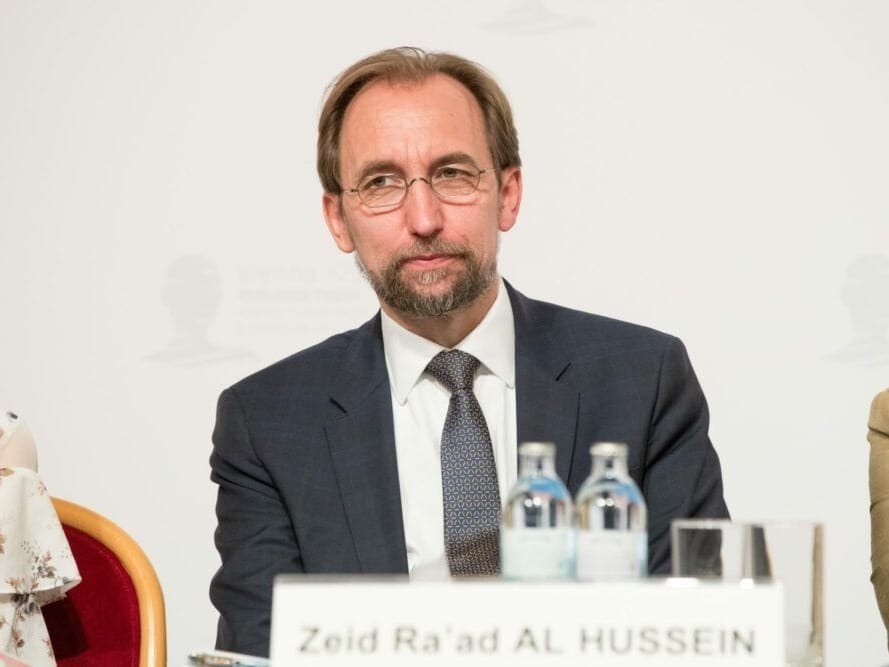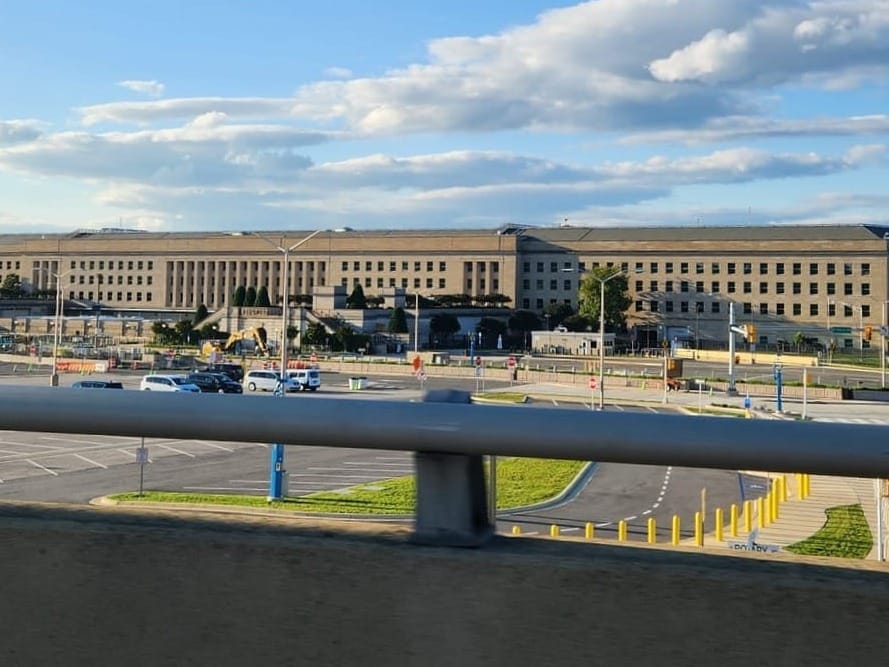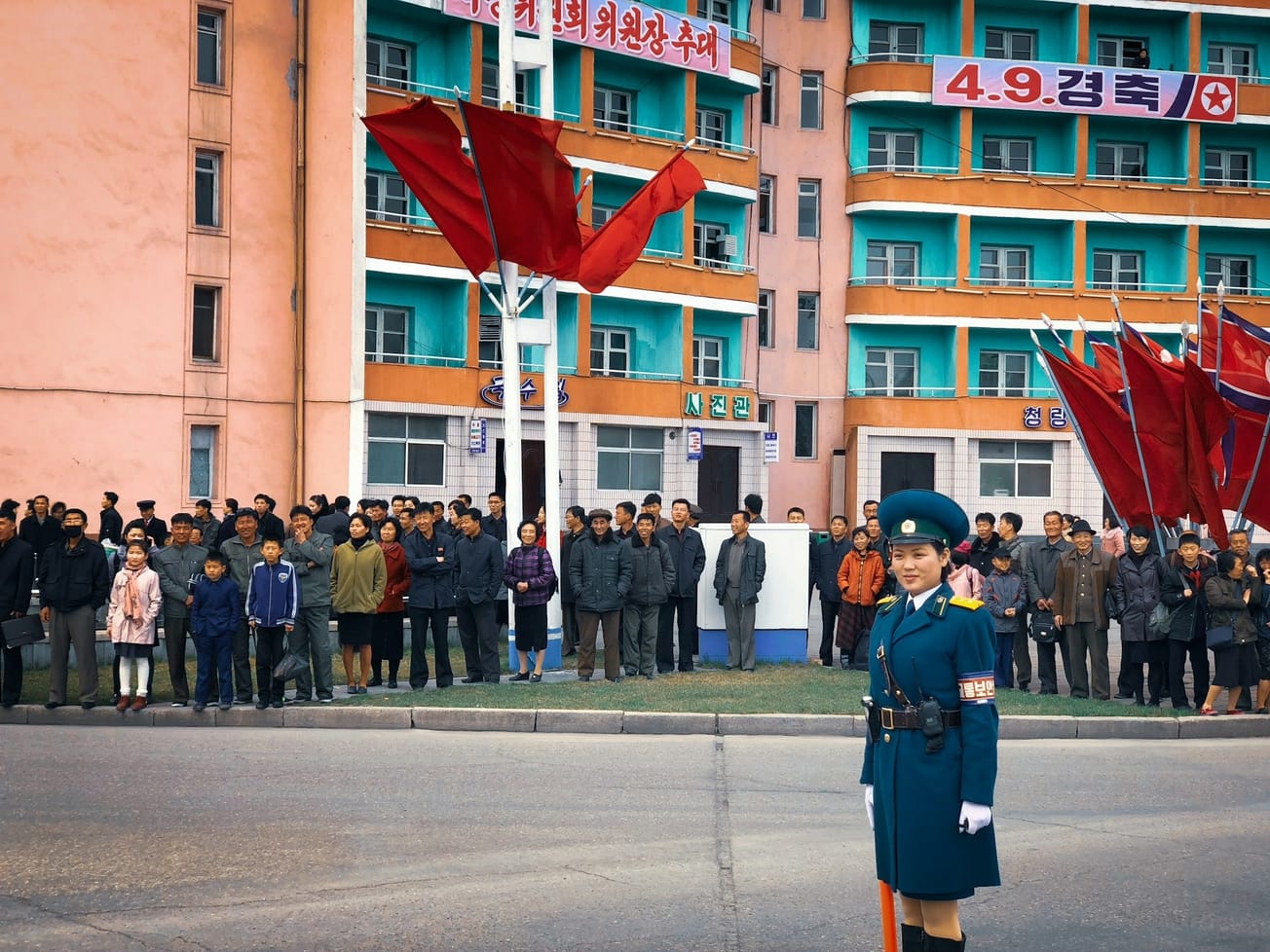GENEVA (AN) — The departing U.N. human rights chief has a message — and warning — before stepping down from his post later this month: people's rights, not those of governments, must be strongly defended with populist-driven authoritarianism on the rise.
"Oppression is making a comeback. Repression is fashionable again," said Zeid Ra’ad Al Hussein, a Jordanian prince and diplomat appointed to head the Office of the United Nations High Commissioner for Human Rights, or OHCHR, in 2014.









